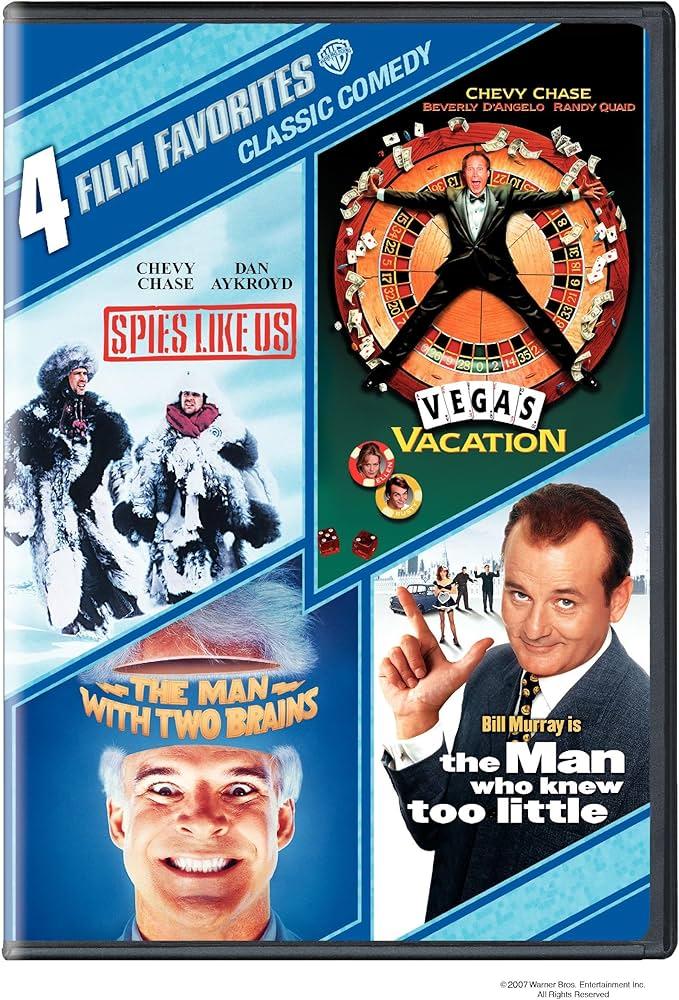In the bustling realm of today’s streaming world, where new series debut with the frequency of a heartbeat and classic shows are rediscovered with the click of a button, one television phenomenon remains steadfast in its cultural prominence: “Friends.” This iconic streaming platforms“>sitcom, with its timeless tales of camaraderie and Central Perk coffee, has captivated audiences since its debut in the 1990s. Yet, as streaming platforms overflow with diverse narratives and innovative storytelling, a question quietly simmers among viewers and critics alike: Is “Friends” overrated in this modern digital landscape? This article embarks on a journey to explore the enduring allure of “Friends,” examining its place in the pantheon of television greats and assessing whether it still holds the same charm and relevance for contemporary audiences. Through a balanced lens, we will delve into the series’ cultural impact, its strengths and weaknesses, and the evolving tastes of a generation that consumes content in a world far removed from the era of appointment television.
The Legacy of Friends in the Era of Streaming Giants
In the dynamic landscape of streaming platforms, where a myriad of new series and original content is constantly vying for viewers’ attention, the continued popularity of Friends is both a testament to its enduring charm and a subject of debate. The show’s humorous portrayal of six friends navigating life in New York City has left an indelible mark on pop culture. Yet, as contemporary audiences increasingly gravitate towards narratives that embrace diversity and complexity, some argue that Friends may not hold the same resonance it once did.
While many still find solace in the nostalgia of the Central Perk gang, critics highlight several aspects that could be considered dated by today’s standards. Here are a few points often raised:
- Lack of Diversity: The show’s homogeneous cast and storylines are often cited as a reflection of its time, potentially limiting its appeal to a modern, diverse audience.
- Humor Evolution: Comedy has evolved, and some jokes from the 90s may not align with current sensibilities, occasionally prompting discussions on appropriateness.
- Character Development: In an era where character depth and growth are highly valued, some feel the series’ characters remain relatively static throughout its run.
Despite these criticisms, the series remains a staple in the libraries of streaming giants, offering comfort and familiarity to both loyal fans and new viewers discovering it for the first time. Its legacy, whether seen as overrated or timeless, continues to spark conversations in the ever-evolving realm of digital content.

Nostalgia vs. New Content: How Friends Holds Up Today
In the era of on-demand streaming, the allure of classic sitcoms like Friends continues to captivate audiences, even as new content floods our screens. Nostalgia plays a pivotal role in this phenomenon, as viewers often find comfort in the familiar antics of Ross, Rachel, Monica, Chandler, Joey, and Phoebe. The show’s timeless humor and iconic moments resonate with those who grew up watching it, providing a sense of connection to the past. However, as today’s audiences evolve, so do their expectations from television content.
- Relatability: While Friends captures the essence of 90s life, some of its storylines and jokes may seem outdated to modern viewers.
- Diversity: The show has faced criticism for its lack of diversity, a factor that newer shows prioritize to reflect contemporary society.
- Character Development: Current audiences often seek deeper character arcs and complex narratives, which may not align with the sitcom’s episodic nature.
Despite these contrasts, Friends retains a significant fan base, proving that its charm transcends generations. The debate between nostalgia and the appeal of new content highlights the ever-changing landscape of entertainment, inviting viewers to explore what truly makes a show timeless in today’s world.

Understanding Friends Cultural Impact Amidst Modern Competition
As the world of streaming becomes increasingly competitive, the cultural impact of Friends remains a topic of vibrant discussion. The show, which first aired in the 1990s, continues to hold a nostalgic charm for many, yet some question its relevance amidst today’s diverse entertainment landscape. In an era where new series are released almost daily, how does Friends maintain its foothold? The answer lies in its blend of timeless themes and the comfort of familiarity.
- Nostalgia: For many viewers, Friends represents a cherished connection to a simpler time, offering a sense of comfort and stability.
- Relatable Characters: The show’s characters, with their quirks and camaraderie, resonate across generations, providing a mirror to viewers’ own friendships and life experiences.
- Universal Humor: Its comedic elements, though sometimes dated, continue to evoke laughter, a testament to its cleverly written dialogue and situations.
Yet, in a world where streaming platforms are filled with groundbreaking narratives and diverse voices, Friends faces the challenge of evolving viewer expectations. While it still draws in viewers, especially those seeking comfort in familiarity, the show’s simplistic portrayal of relationships and lack of diversity have sparked discussions about its place in the current cultural zeitgeist. This balance between nostalgic allure and modern critique makes Friends a fascinating study in enduring popularity amidst ever-shifting media consumption habits.

Recommendations for Streamers: Balancing Classic Hits with Fresh Content
In the ever-evolving landscape of streaming platforms, curating a balanced content library is essential for attracting diverse audiences. While classic series like Friends offer nostalgia and a sense of comfort, it’s crucial for streamers to blend these with fresh, innovative content to maintain viewer interest. Here are some recommendations:
- Diversify Content Offerings: Integrate a mix of classic and contemporary shows to cater to both nostalgic viewers and those seeking new experiences.
- Explore Genre Variety: Introduce a variety of genres, from comedy and drama to sci-fi and documentaries, ensuring a wide appeal.
- Leverage Data Analytics: Use viewer data to understand audience preferences and tailor content strategies accordingly.
- Engage with Emerging Creators: Collaborate with up-and-coming talent to bring fresh perspectives and stories to your platform.
By striking the right balance, streamers can keep their libraries dynamic and engaging, appealing to both die-hard fans of shows like Friends and those in search of the next big hit.









